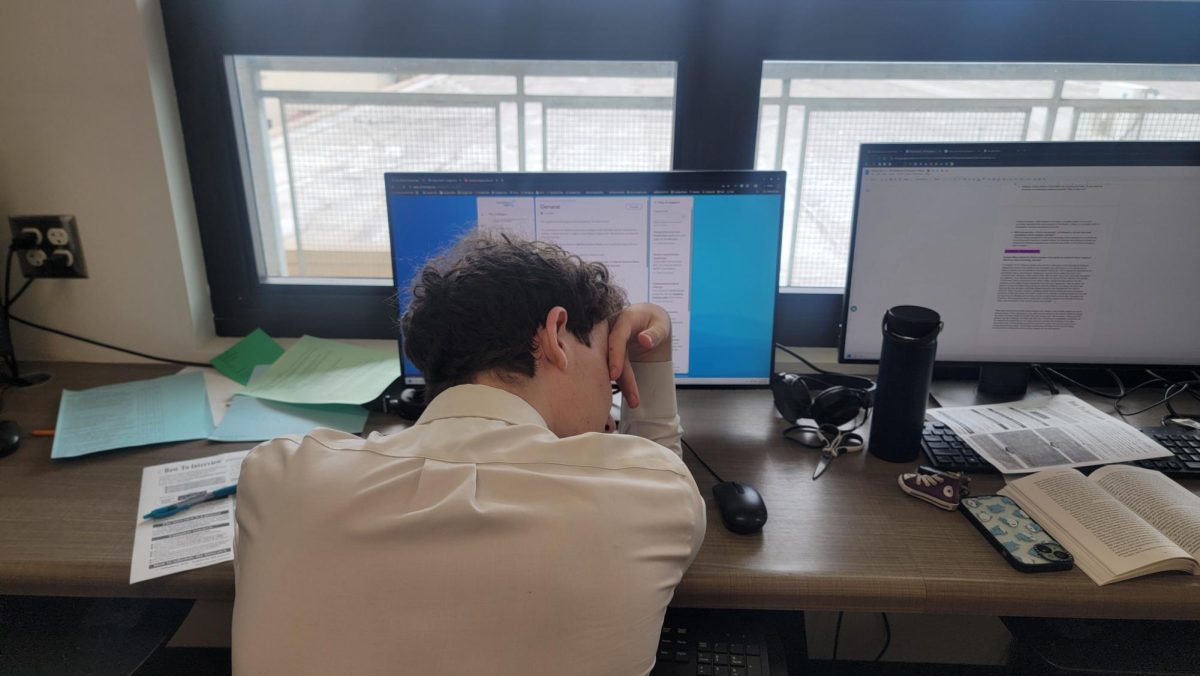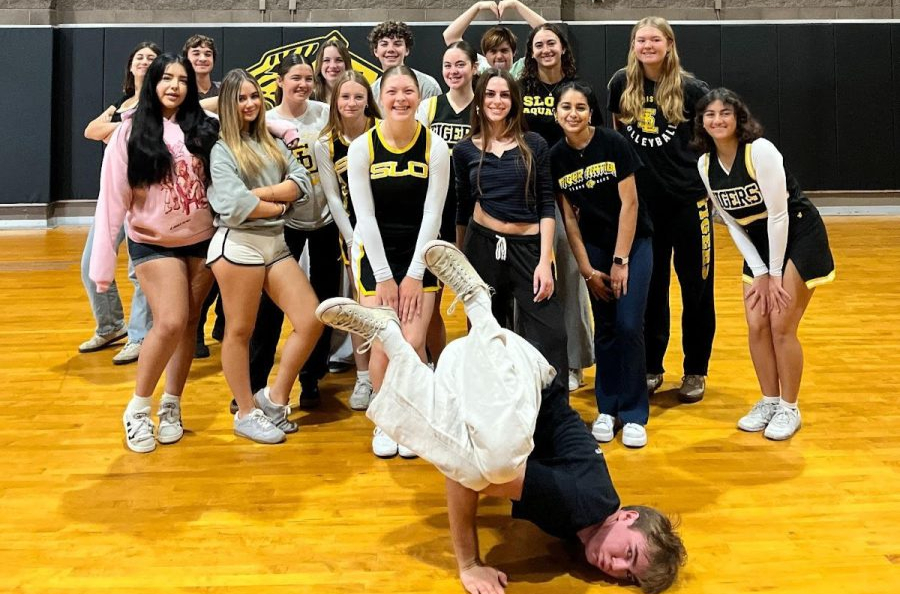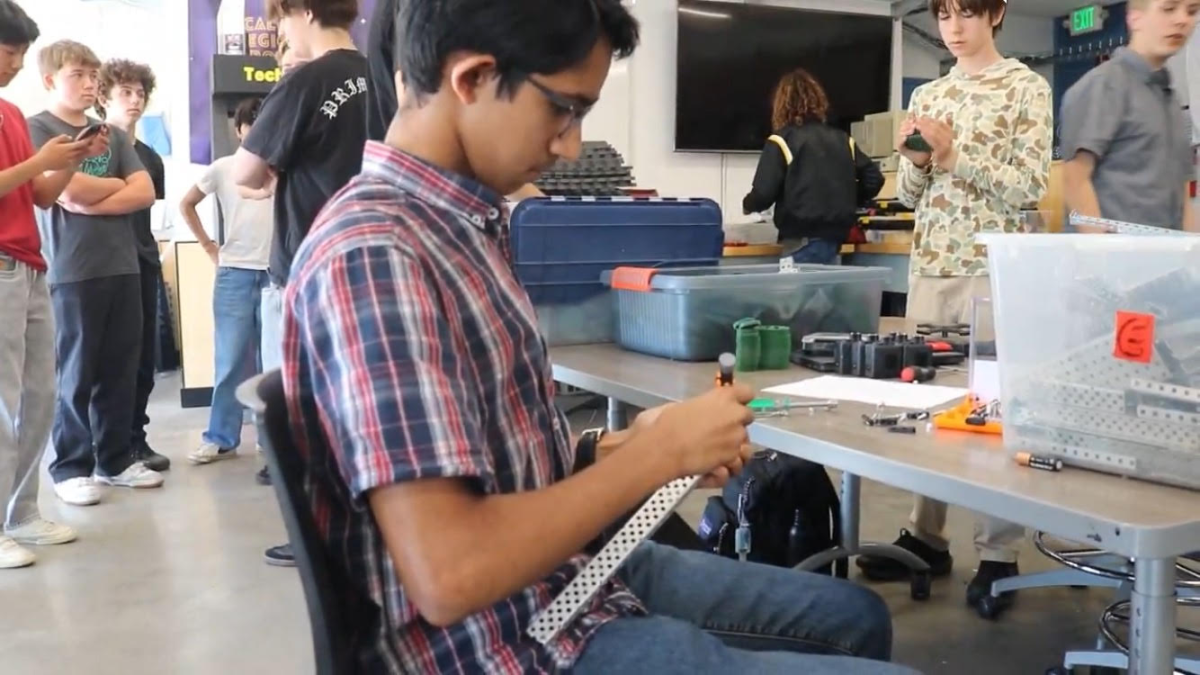Light a candle and set your intentions before your meditation. Photo courtesy of senior Karl Karsh.
Students at San Luis Obispo High School are all familiar with the subject of meditation and mindfulness, and let’s face it, a majority of the student body would agree that meditation is boring. How many teenagers are meditating on a regular basis? Not many.
Meditation is a practice that involves focusing and clearing one’s mind using an array of mental and physical techniques. There are hundreds of meditation techniques, varying from simplistic ones to more complex and difficult variations.
Some meditate in a religious context, like Buddhists and Christians, and there are certain methods of meditation such as Osho (originating from Hinduism) or Taoist/Sufi meditation practices. Meditation isn’t just a religious practice, though. There are non-religious meditations people can take part in, including but not limited to guided meditation, transcendental meditation, and yoga, a more physical type of meditation.
Though it can seem unnecessary and dull, meditation has countless benefits.
The forms of meditation differ, but they are all favorable. There is body-centered meditation, emotion-centered meditation, contemplation, mantra meditation, visual meditation, meditation with movement, and mindfulness meditation.
The benefits of meditation are innumerable. For students at SLOHS in particular, there are six main benefits to take note of.
First and foremost, as most are already aware, meditation is known to reduce stress. Additionally, it can also improve symptoms of stress-related conditions such as Post-Traumatic Stress Disorder (PTSD) and Fibromyalgia.
The second benefit worth mentioning is the ability to better focus and pay attention. Meditation directly correlates with helping one’s attention span, making it easier to stay focused for longer periods of time.
Similarly, meditation can enhance one’s willpower. Meditating develops great mental discipline, which is helpful when avoiding unhelpful habits.
Meditation can also improve mental clarity and memory. Because of this, meditation can help fight against dementia or memory loss. Pretty cool, right?
If you aren’t sold just yet, think about the sleeping habits most students at SLOHS have. Sure, not every student is going through the week with only sleepless nights, but we’ve all been there, and it isn’t fun.
Meditation can shorten the time it takes to fall asleep, and it can even improve sleep quality.
Finally, though it is a simple concept, meditation gives people a greater sense of self-compassion. Meditating provides a space to better understand oneself, as well as increase general positive emotion.
If you haven’t tried meditation before, give it a try, Tigers!
Sources: my.clevelandclinic.org, health.ucdavis.edu, headspace.com, nccih.nih.gov


































